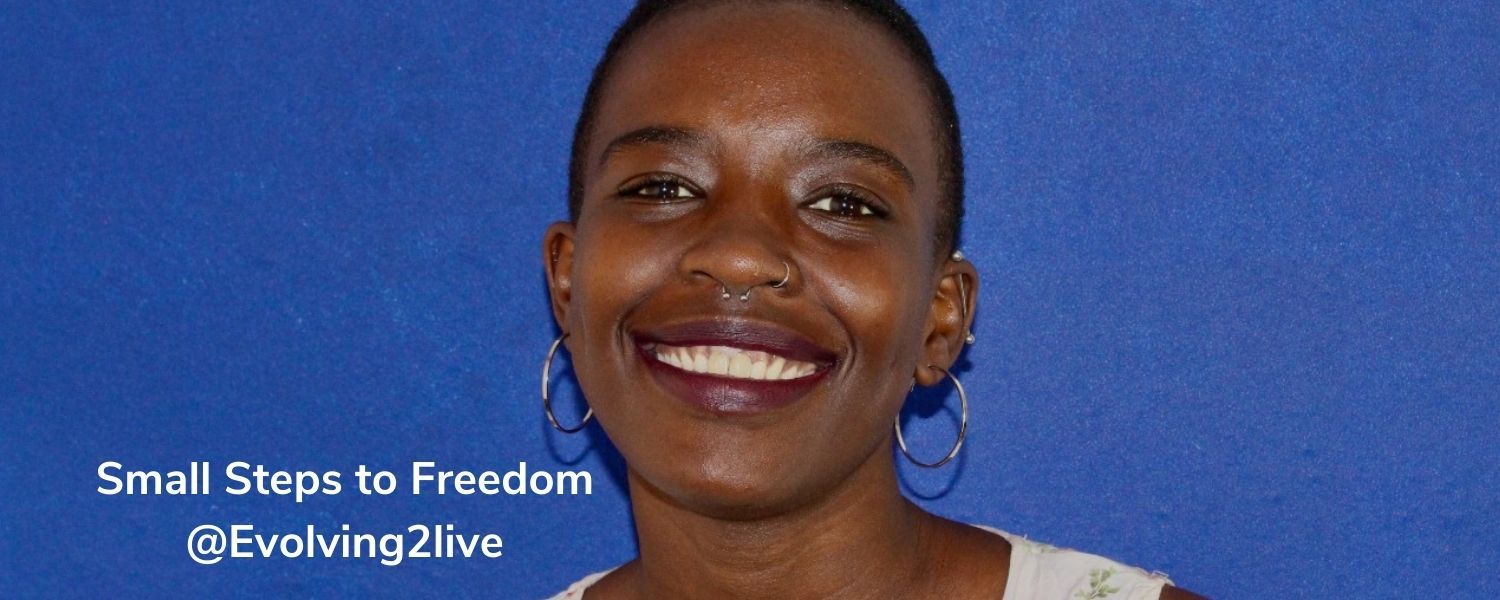Adulthood hit me like a wrecking ball when I graduated and entered the ‘real’ world. From the day I started working, something just didn’t feel right. The thought of spending the next 40+ years in the workplace wasn’t an inviting one but at that point in time, I didn’t know what to do about how I felt.
In fact, I did what most of us do when society gives us a seemingly well-packaged plan for our lives: I took it - because, well “That’s life”, right?’.
But you see, there are alternatives to what society dictates is normal. You can do things differently and I discovered this in what I will always deem to be one of the best internet rabbit holes I have ever gone down. So, what is the alternative?
FIRE! Yes, you read that right, FIRE!
FIRE is an acronym, it stands for ‘Financial Independence Retire Early.’ It is a lifestyle movement with a goal of achieving financial independence and early retirement. That’s right, you don’t have to work for 40+ years because guess what, your ability to retire has more to do with your money than your age.
Proponents and subscribers to FIRE take a more aggressive approach to simple money management principles. For example, one of the pillars of FIRE and good basic money management is living below your means, but in the FIRE movement, people live far below their means; saving anything between 50-80% of their income in order to achieve high savings rates. A high savings rate then allows them to invest more and thus build their wealth, which then places them on a trajectory towards financial independence.
Here are some of the high level steps you need to take to start getting a better view of your finances and working towards FIRE:
1. Debt
What debt do you have? Find out the amounts, interest rates and write them all down. This will help you get clear on what you owe and who you owe so that you start mapping a debt pay off plan.
2. Cashflow
How much income do you have and how much are you spending each month? You are going to need to start budgeting and deciding where you spend your money before you get it - this will help you be more in control of your money.
3. Saving and Investing
Remember it's not about how much you make, it's about how much you keep. Keeping your money means preserving its value by saving it and investing it so it can grow. For example, saving for an emergency fund is a crucial part of achieving financial independence, in fact that emergency fund gives you the first taste of what financial independence is. Using the Franc platform to build an emergency fund with the Allan Gray Money Market account is an affordable and easy way to do this.
The FIRE movement may not be for everyone but financial independence is and achieving it is all about taking small steps to freedom. Above all, keep learning and don't give up.









![Planning Your Wedding Budget & Checklist [+ wedding budget template]](/blog/content/images/size/w600/2024/01/The-happy-couple-on-their-wedding-day.png)
